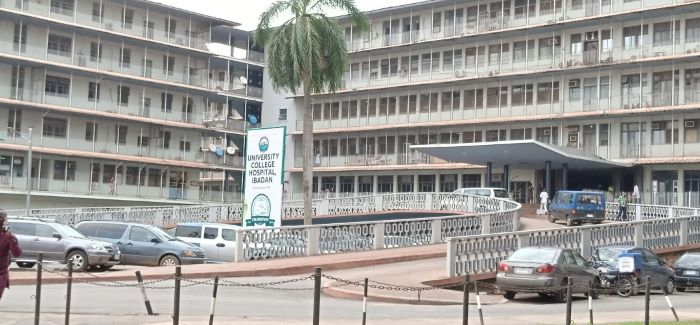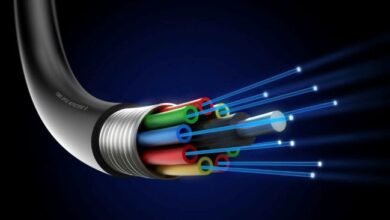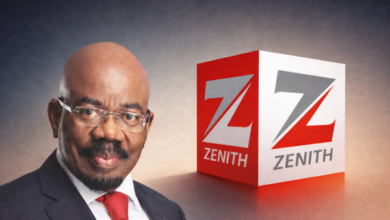Power outage: We are committed to effective patient-care, safety, says UCH management
Electricity bills from IBED since 2019 to date, totalled N3,104,568,114.61
 The management of University College Hospital (UCH) in Ibadan has assured patients and the general public that the hospital was committed to serving them effectively and adequately.
The management of University College Hospital (UCH) in Ibadan has assured patients and the general public that the hospital was committed to serving them effectively and adequately.
The hospital’s Public Relations Officer (PRO), Mrs Funmi Adetuyibi, who gave the assurance in a statement issued on Wednesday in Ibadan, said this was irrespective of the power outage being experienced.
BRANDECONOMY reports that the hospital has been experiencing power outage since Oct. 26 when the Ibadan Electricity Distribution Company (IBEDC) disconnected it due to accumulated debts.
Adetuyibi said the UCH management has held several meetings with the management of IBEDC on payment modalities.
The PRO noted that the electricity bills from IBEDC, inclusive of accumulated bills since 2019 to date, totalled N3,104,568,114.61.
She added that till date, the hospital had paid ‘N2,916,567, 724.27 and left with an outstanding bill of N392,075,161.05.
Adetuyibi, however, regretted that the power disconnection has resulted in the hospital’s inability to effectively meet its mandate (Clinical Service, Research and Training) to its esteemed patients.
“In a bid to mitigate the effects of this hardship, the management has taken some steps, which include dissemination of information to patients and alternative power sources.
“We have back-up generators to power critical areas, including the Emergency department, operating theatres, Intensive Care Unit, Laboratories, among others.
“Solar/inverter panel has been made available in the Emergency Department, Main Theatre, Intensive Care Unit, Paediatrics, East 3 Ward, South East 3, Owena Dialysis Ward, High Dependency Unit, South West 2 and all the clinics.
“Provision of mini-solar bulbs has been made available to illuminate critical areas such as Otunba Tuwase Paediatrics Ward in the first instance.
“We have also developed emergency response plans to ensure seamless continuity of patient care during outages,” she said.
The spokesperson emphasised that the management prioritised patients’ care and safety above all.
“Our dedicated staff are working tirelessly to ensure minimal disruption to services. We can assure that
emergency services remain operational.
“Critical areas are receiving power supply, water is pumped whenever power is available, while patient care and treatment continue uninterrupted in critical areas.
“Efforts are at an advanced stage on provision of alternative sources of energy.
“Though, there may be delay in service delivery, concerted efforts are being made to speedily resolve the problem,” Adetuyibi stated.
Patients protest
Leadership reports that families of patients at the University College Hospital (UCH) in Ibadan, Oyo State, have protested against persistent power outages plaguing the medical institution.
During the protest, members of the hospital’s Public Relations Office attempted to engage in dialogue with the families advocating for their loved ones.
They explained that the ongoing power challenges were beyond the control of the hospital staff, emphasising that they, too, share in the frustration of the situation.
Despite these attempts at communication, many protesters expressed anger and helplessness, citing harrowing instances where patients’ lives have been put at risk due to erratic power supply.
The protest highlights a significant issue within the healthcare system, where reliable electricity was crucial for the operation of medical equipment, potential surgeries, and other critical care.
One of the protesters said anonymously, “We are tired of our loved ones suffering; patients are dying because they cannot receive the medical tests needed for treatment.
The outages have not only hindered immediate medical assessments but have also severely complicated ongoing treatments, leaving families in a state of despair.
“Hospital administration has a responsibility to ensure a safe and reliable environment for both patients and staff. The risk of having medical procedures interrupted or delayed due to power failures is unacceptable in any healthcare setting”.
Also speaking, another protester, Adetumji Lawal noted that the power outage raises an urgent question: “What measures can be implemented to ensure that power supply becomes a priority for healthcare facilities like UCH?
“The threat of healthcare workers downing tools serves as a powerful reminder of the stakes involved in this issue. Medical professionals are dedicated to their work, but their safety and the safety of their patients must come first.
“The reality of healthcare in Nigeria, often challenged by inadequate infrastructure, must be addressed with urgency and commitment”.
According to him, the UCH is not the only institution grappling with these challenges, but it is critical that the government and relevant authorities take heed of their protest.
Lawal said ensuring a consistent power supply was not just a logistical issue; it is a moral imperative that directly impacts the lives of countless individuals relying on the health services provided by institutions like UCH.
He added that tthe protests underscored significant crisis that affects not only the patients and their families but also the dedicated healthcare workers who strive to provide care amid challenging conditions.
He stressed that concerted effort must be made to resolve the power supply issues to safeguard the health and well-being of the community while adding that lives of many depend on it.












